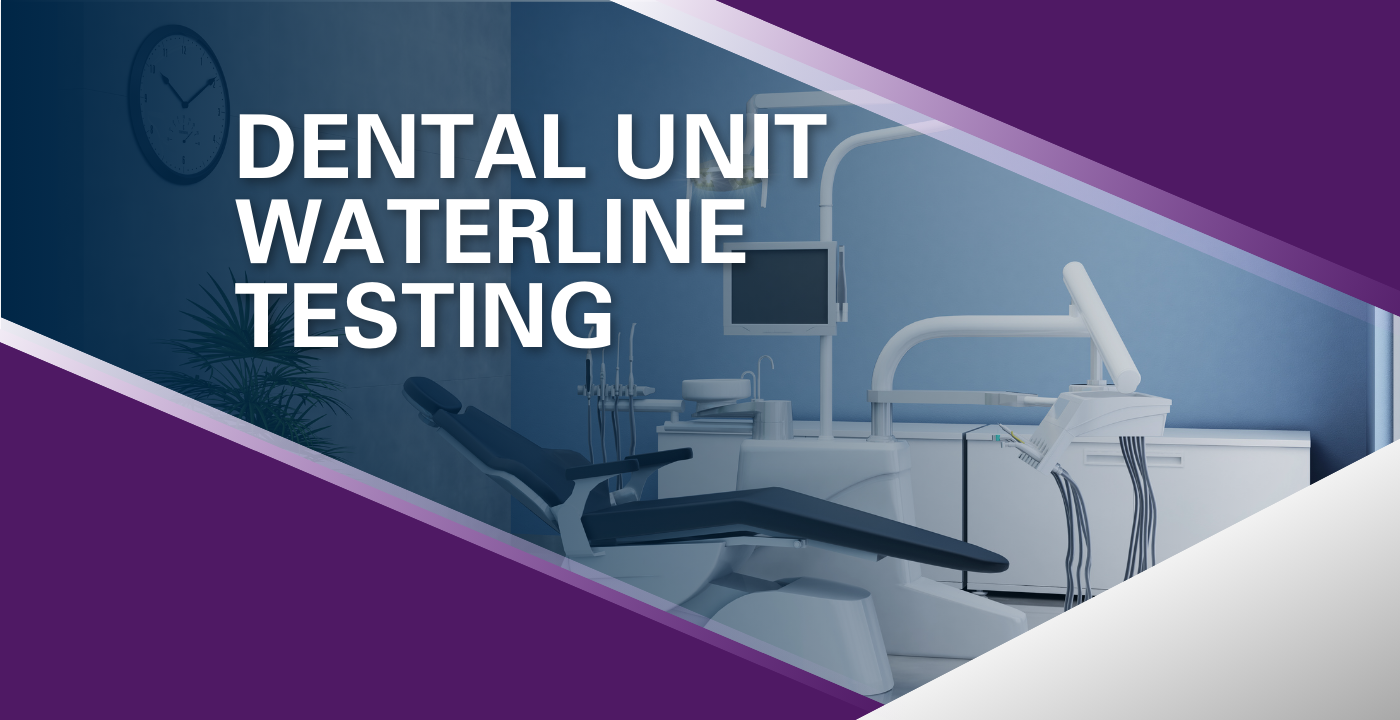
As dental professionals, the commitment to patient safety is a top priority. Ensuring the safety and cleanliness of dental unit waterlines is crucial for maintaining a safe clinical environment. Regular testing of these waterlines helps prevent the overgrowth of harmful bacteria, which can pose serious health risks to patients and dental staff. By implementing routine waterline testing, dental practices can uphold high infection control standards, safeguard patient health, and comply with regulatory guidelines. This proactive approach enhances the overall quality of care and fosters patient trust and confidence, a cornerstone of the profession.
Regulatory bodies, such as the Centers for Disease Control and Prevention (CDC) and the American Dental Association (ADA), have set guidelines for the microbial quantity in dental unit waterlines. While these are currently not mandated guidelines, regular testing ensures that dental practices safeguard patient health and avoid legal repercussions. Please see the links below to each respective governing body for more information.
Patients with weakened immune systems, such as the elderly, young children, and those with chronic illnesses, are particularly susceptible to infections from the bacteria found in biofilm. Ensuring that the water used in dental procedures is free from harmful microorganisms is essential to protecting these vulnerable groups. Multiple outbreaks have been documented, including a case in 2015 at a Pediatric Dentistry Clinic in Georgia. In all, 20 patients who had received pulpotomies from this practice became infected with Mycobacterium abscessus and needed to be hospitalized for surgical or intravenous antibiotic treatments that lasted at least a week. To review the full article on the above outbreak and learn more about Mycobacterium abscessus please see the links below.
LLUSD Center for Dental Research has been identifying potential microbiologic problems in dental unit waterlines since 2000. This service tests the water in Dental Units to help ensure patient safety. Implementing cleaning standards and regular water testing will help ensure safety for the most vulnerable patient populations. For more information on testing the dental unit waterlines in your practice, click the link below or visit dentistry.llu.edu/sas.
Heated Waterlines are a Recipe for Disaster
Best Practices for Dental Unit Water Quality
Study highlights importance of waterline infection control
Dental unit waterline infection control practice and knowledge gaps
EPA spending $5.8 billion to ensure safety of US drinking water
